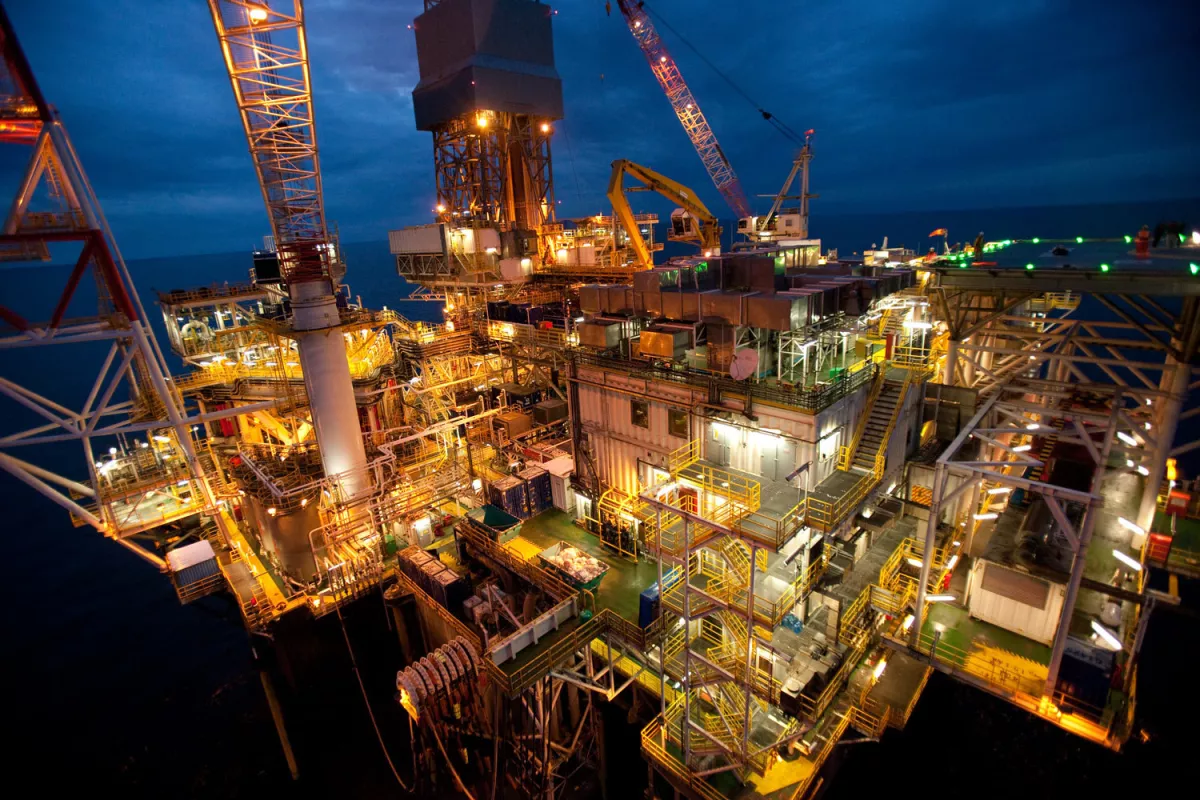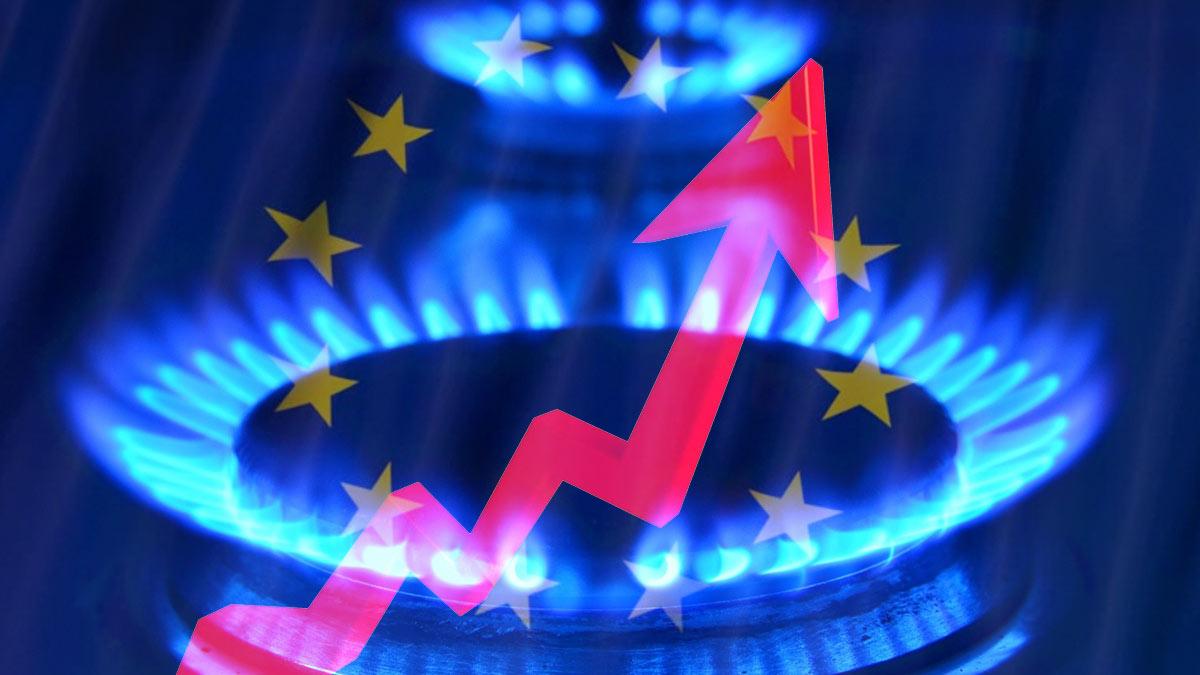Amoralism of Macron’s France Russian gas on schedule
For anyone closely observing the behaviour of official Paris, the following news will come as no surprise at all. On the contrary – it will be seen as entirely predictable. According to Politico, France and Belgium have refused to support the European Commission’s plan to ban pipeline and liquefied natural gas (LNG) imports from Russia.
The justification put forward by these countries is astonishing in both content and logic – they insist they need more details on the economic and legal consequences of such a move. In other words, Paris and Brussels are stalling, inventing excuses. Amusingly, France claims that it prefers a strategy of seeking alternative supply sources.
Against this backdrop, a more constructive development has emerged from the Caspian region. The Shah Deniz consortium has announced the Final Investment Decision (FID) for the Shah Deniz Compression (SDC) project—the next major phase in developing the largest gas field in Azerbaijan's sector of the Caspian Sea. Once operational, this initiative is expected to deliver an additional 50 billion cubic metres of gas and roughly 25 million barrels of condensate for export.
In light of Europe’s broader efforts to reduce its reliance on Russian energy, the expansion of the Southern Gas Corridor marks a strategic shift. It reinforces Azerbaijan’s growing importance as a reliable energy partner and a cornerstone of Europe’s new energy landscape.

Yet France, which has repeatedly demonstrated its inability to “see the forest for the trees,” continues — and will continue — to resist the strengthening of Azerbaijan’s role as a reliable energy partner for the EU.
But the cynicism of official Paris does not end there. Despite being among the loudest voices calling for increased economic and political pressure on Russia, France is in fact one of the two largest buyers of Russian LNG in the European Union, alongside Belgium. It’s hard not to recall the joke about the monk in a brothel who was advised to either take off the cross or put on some trousers.
By contrast, two other major importers of Russian gas — Spain and the Netherlands — have backed the EU plan to ban short-term purchases of Russian LNG by 2025 and to phase out long-term contracts by 2027.
But Macron’s France would cease to be itself if it acted in any other way—less, let’s call things by their name, amoral. And there are hard facts to support this claim.
Since the start of Russia’s full-scale invasion of Ukraine in February 2022, EU countries—including France—have continued to purchase Russian natural gas and LNG, despite repeatedly declaring their intention to reduce energy dependence on Moscow. It has already been calculated that from early 2022 to early 2025, EU member states spent tens of billions of euros on Russian gas. Notably, the Fifth Republic remains one of the largest importers of Russian LNG in Europe.
At the same time, since the outbreak of the war, France has provided Ukraine with military and financial assistance worth over €3.8 billion. Of this, €2.615 billion came in the form of military equipment and hardware, including CAESAR howitzers, armoured vehicles, air defence systems, and ammunition. An additional €1.2 billion was contributed via the European Peace Facility (EPF), which funds weapons purchases for the Ukrainian side.
In March 2025, Paris allocated a further €195 million in military aid using interest earned on frozen Russian assets. Thus, France’s total assistance to Ukraine may now well exceed €4 billion.

At the same time, France continues to import Russian LNG—spending approximately €5.4 billion on such purchases in 2022 alone. In the first half of 2024, the volume of imports increased by 28% compared to the same period the previous year.
In other words, despite its aid to Ukraine, Paris continues to finance the Russian economy through its energy imports. Moreover, the revenue Russia has earned from selling LNG to France far exceeds the total value of French assistance to the Ukrainian state.
This is not merely a textbook example of the infamous "double standards." It is a masterclass in blatant and cynical amorality delivered by official Paris.
Azerbaijan, for its part, understands better than most that expecting anything different from Macron’s France would be sheer naivety. This is the same France that actively worked to block the restoration of Azerbaijan’s full sovereignty and territorial integrity. The same France that has long supported the occupation policies of official Yerevan and now fuels Armenian revanchism. And the very same France that lectures other countries on rights and freedom while continuing to maintain 11 overseas territories under colonial rule.








